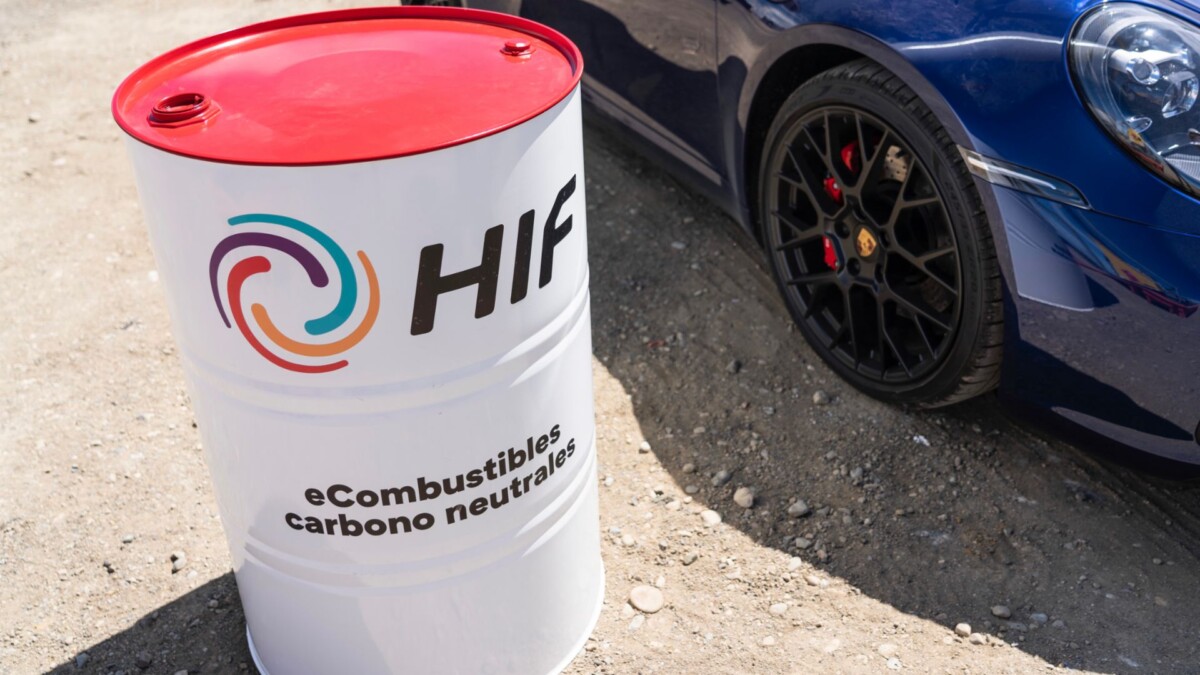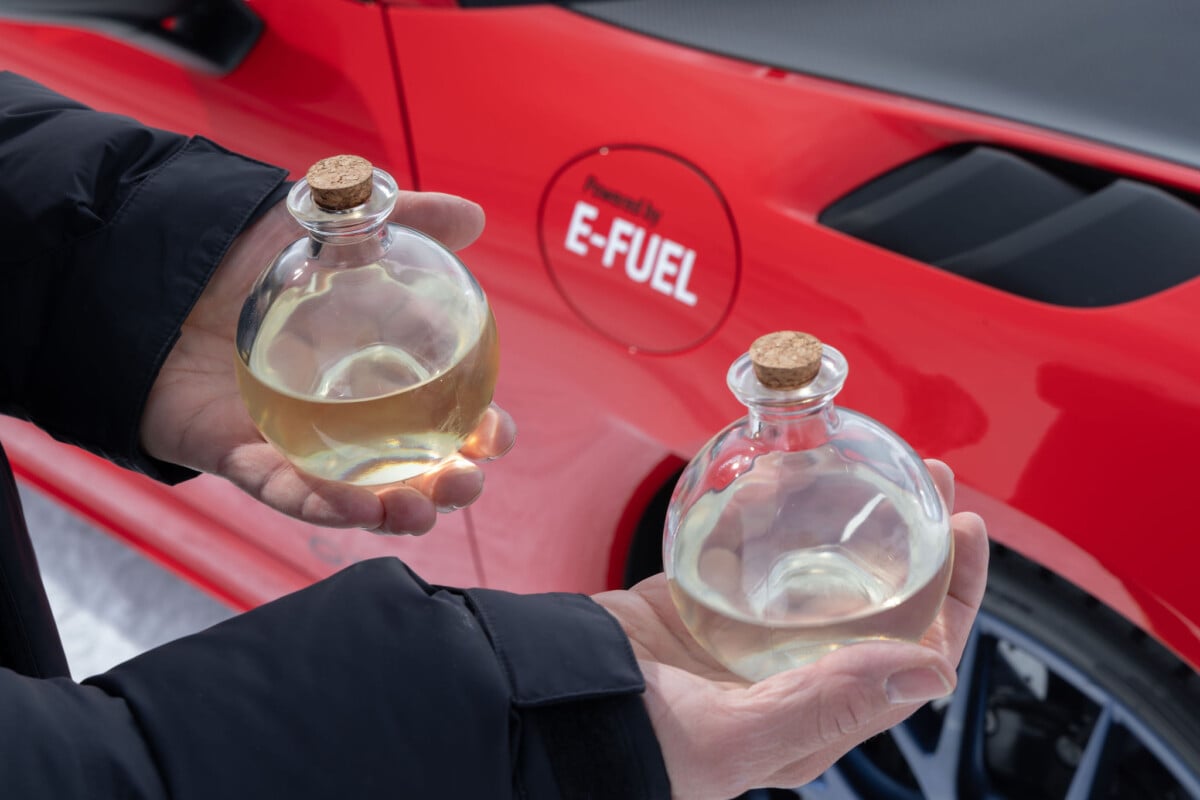The boss of the Iveco truck company criticizes synthetic fuel and says that this solution is not at all viable. He also criticizes the position of the European Union on the subject as well as its decision to ban sales of thermal cars.
It is now official, it will indeed be prohibited to buy new thermal cars in Europe from 2035. The measure was voted last week by almost all of the 27 countries of the European Union, except some like Poland or Italywho voted no or abstained.
An exemption that does not pass
In addition to the exemption for manufacturers selling less than 10,000 cars per year which will have a one-year reprieve, Brussels has also promised that synthetic fuels could be authorized after 2035. An exemption demanded by Germany, which had threatened not to vote in favor of this law if she did not win her case.
This measure should particularly benefit Ferrari and Porsche, which are actively working on the development of this technology. The German firm is already running cars on e-fuel, as we were recently able to test. But this technology, and especially this derogation, does not appeal to everyone. And in particular to the CEO of Iveco, Gerrit Marx. Asked by Bloomberghe does not mince his words.

For him, synthetic fuels are the ” propulsion champagne“, because of their high price. A criticism that joins a study carried out by Transport & Environment, which states that a full tank will cost around 50% more than with conventional gasoline. Last year, the company Zero Petroleum sold a can of synthetic fuel equivalent to around 56 euros per litre.
Porsche hopes to be able to market its e-fuel at the same price as standard fuel, but needs states to put in place measures, such as a bonus at the pump for example. Which does not seem to be considered for the moment. But there is another problem: this type of fuel is not really clean. Indeed, if it does not require oil, it does not prevent the emission of polluting gases such as exhaust NOx.
A bad strategy
Moreover, its production requires a very large amount of electricity. However, the network has already been under tension lately, not to mention that producing current is also energy-intensive. It is then necessary to use only renewable energy to produce a “cleaner” e-fuel. But there is yet another concern, as Gerrit Marx explains.
According to him, this fuel will not make Europe independent, quite the contrary. Because Saudi Arabia has the ambition to become the market leader and the first manufacturer of synthetic gasoline over the next few years. The CEO points out that “ we simply replace one source with another, but from the same region“. The concern of energy dependence will therefore not yet be resolved.

So is all-electric the only viable long-term solution? Not according to the leader. The latter fears that with this measure, Europe becomes like Cuba, with only very old cars on the roads. He explains that “normal” people will not be able to afford to buy new electric cars. Because these are always more expensive than thermal models for the moment.
However, this difference is reduced to usage, despite the rise in the price of electricity. Not to mention manufacturers like Volkswagen, Ford or the Stellantis group, which plan to launch cheaper cars or reduce the prices of their models thanks to new, less expensive LFP (lithium – iron – phosphate) batteries, for example.
Our colleagues from Numerama are launching Watt Else, their newsletter dedicated to the mobility of the future. Sign up here to make sure you receive the next issue!
